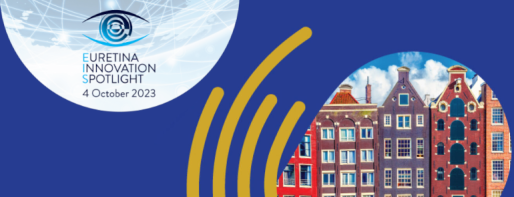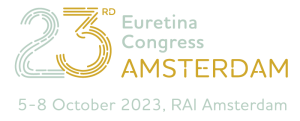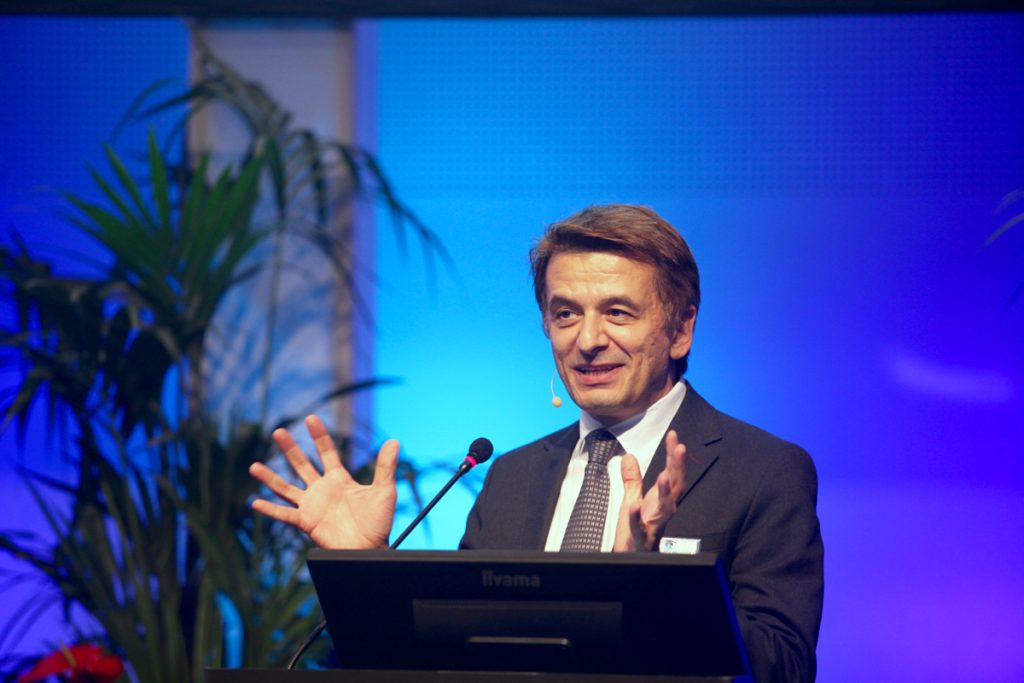Prof. Ramin Tadayoni, the incoming President of EURETINA, discusses the challenges and opportunities facing the Society over the next few years
To what do you attribute the phenomenal growth of EURETINA in recent years?
Ramin Tadayoni: EURETINA is still quite a young Society and a lot has been achieved in a short space of time. We are nearly a century younger than many other organizations such as the American Academy of Ophthalmology or the French Ophthalmological Society for example. I think the success of EURETINA stems from the fact that it was able to successfully combine two aspects that usually are contradictory: being high quality but also being open and collaborative. EURETINA has always tried to foster a spirit of openness and collaboration and I think that is something that struck a chord with our members and which they responded to. The feeling is that EURETINA is an open space, they can propose a good idea of session or course and contribute. Consequently, they also have a lot of choice at the meeting and can choose what interests them, when at the same time reassured that there is a respect for high-quality information and scientific rigour. This balance is a critical quality of EURETINA.
What are your priorities for your two-year term of office as President of EURETINA?
Ramin Tadayoni: I think the real challenge for the future is being able to make the transition from a Society that organises a major annual meeting to one that provides an ongoing, on demand, offering for retinal specialists, as well as one that influences policy and sets standards in retinal practice. At the moment, the primary contact we have with many delegates is once a year when the Congress takes place. However, if we want to take the Society to the next level, we need even more rigour in our administration and relations with others. We need to build relationships not only with ophthalmologists but directly with patients, political institutions, regulatory bodies and other ophthalmological organisations. We need to offer patients a portal where they can find clear information on their condition, their prognosis, treatment options and support. We should be the first name that comes to mind when the European Union or a national health authority is seeking policy advice in the field of retina. We need to be a recognised reference point for patients, medical students, medical practitioners and retinal specialists. We need to build bridges with other ophthalmological societies all around the world. It will take time to achieve these goals, but we can certainly try our best to make progress towards them during my term of office.
What are the key challenges that lie ahead for the Society in the next few years?
We have a lot of challenges as retinal specialists in terms of keeping pace with a rapidly evolving landscape in terms of new treatments, regulations, technologies and innovations coming on stream. This is wonderful for the field of retina, but it is also a challenge for everyone involved. We need to ensure that we are offering our patients cutting-edge treatments that are safe and effective and to understand the implications for the organisation of our clinics and our health systems. At the service of all, EURETINA needs to be at the heart of this development, to exert our influence and play a role in policy making, regulation, setting guidelines and providing advice and support to doctors and patients to navigate all these new treatments and technologies. Another challenge we face in Europe is the diversity in terms of clinical practice, regulation or culture from one country to the next. I think this is also an opportunity: EURETINA, at the heart of this diversity, is uniquely placed to compare, propose and share best practices across the region and enable all our members to achieve better outcomes for their patients.
What can EURETINA do to support innovative research in the field of retina?
I think we need to revisit our current approach to research funding. Research today is so expensive that even if we invest major funds, we are still not going to significantly change things. We can still invest in some areas in which nobody wants to invest if we consider that there is a important need. But I think the best we can do is to use funding to make connections between people who want to work together and to promote investment for retinal research. We can advocate for funding at European level, both public and private investment funds, and make the case that retina is a field that deserves greater investment. With the ageing of European populations, there is tremendous scope to fund research in diabetes, myopia, macular degeneration and a whole host of other age-related ocular diseases. EURETINA by facilitating exchanges and promoting investment in many research projects can be far more effective in helping research in our field than investing directly in very few research projects.


